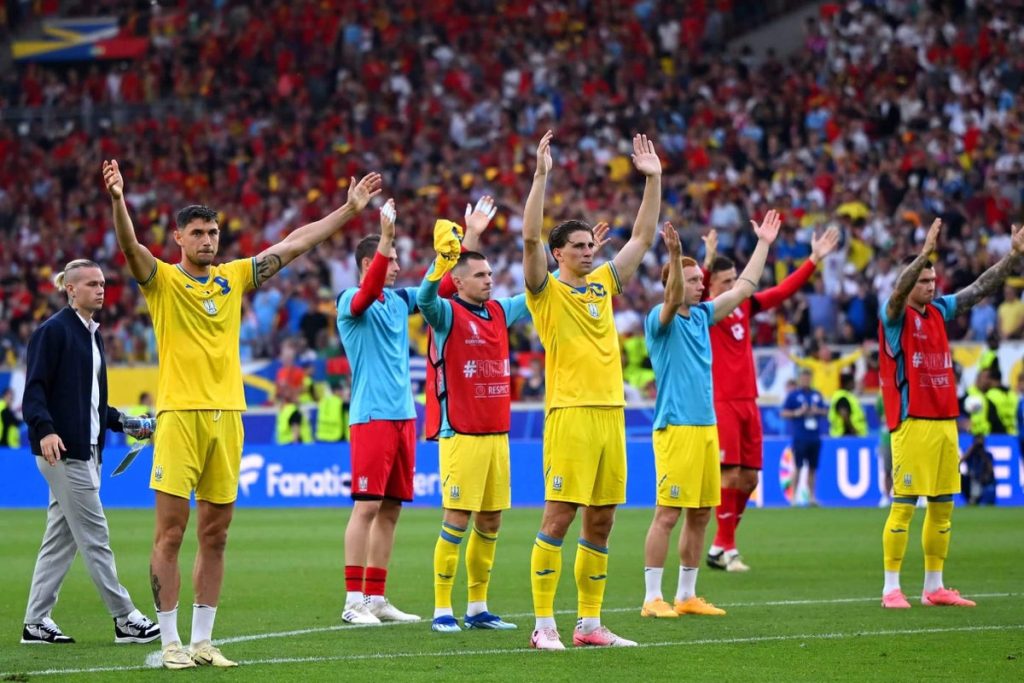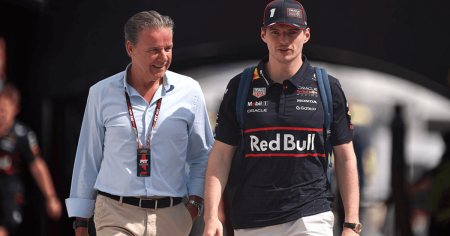The situation surrounding Russia’s potential return to international football is a complex and emotionally charged issue, deeply intertwined with the ongoing conflict in Ukraine. Following Russia’s invasion of Ukraine in February 2022, international football governing bodies FIFA and UEFA imposed sanctions, suspending Russian teams and clubs from competitions. Now, as discussions about Russia’s possible return emerge, strong opinions are divided between those advocating for sports as a unifying force and those insisting that the ban should remain until the war concludes.
The Ukrainian Association of Football (UAF) vehemently opposes Russia’s return to international competitions until peace is restored. They argue that lifting the ban would normalize aggression and overlook the immense suffering of Ukrainians, including those in the football community who have lost their lives. The UAF emphasizes that sports cannot exist in isolation from values such as peace and fair play, and allowing Russia back would undermine these principles.
On the other hand, figures like Zoran Lakovic, a UEFA director, suggest that sports should transcend politics and unite people. He expresses hope for Russia’s return by the end of the year, reflecting a belief in the healing power of sport. However, this perspective is challenged by the UAF, which views such a move as a disregard for the ongoing conflict’s impact.
UEFA has not officially discussed Russia’s return, though internal politics within the organization, including the involvement of individuals like Aleksandr Dyukov, connected to Russian state-owned companies, could influence future decisions. Meanwhile, Andriy Shevchenko, the UAF president, is a candidate for UEFA’s Executive Committee, highlighting the potential for shifts in the organization’s stance.
The personal impact on Ukrainian players is significant, as many have family or friends affected by the war. The UAF supports their right to refuse matches against Russian teams, underscoring the moral and personal dimensions of the issue. This could lead to complexities in international competitions, should such boycotts occur.
Historically, similar situations have shown mixed outcomes when countries under sanctions returned to sports, sometimes bridging divides but often facing criticism. Public opinion globally is divided, with some supporting sports as a neutral ground and others advocating for continued sanctions.
Ultimately, the decision balances the ideals of sports unity against the harsh realities of an ongoing conflict. Governing bodies face a challenging task in upholding sporting values while addressing the war’s impact, making a resolution fraught with both promise and potential pitfalls.









